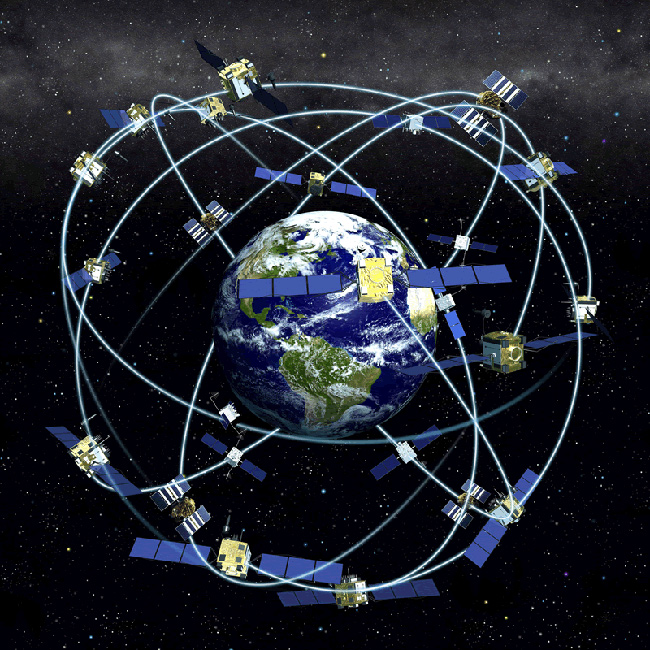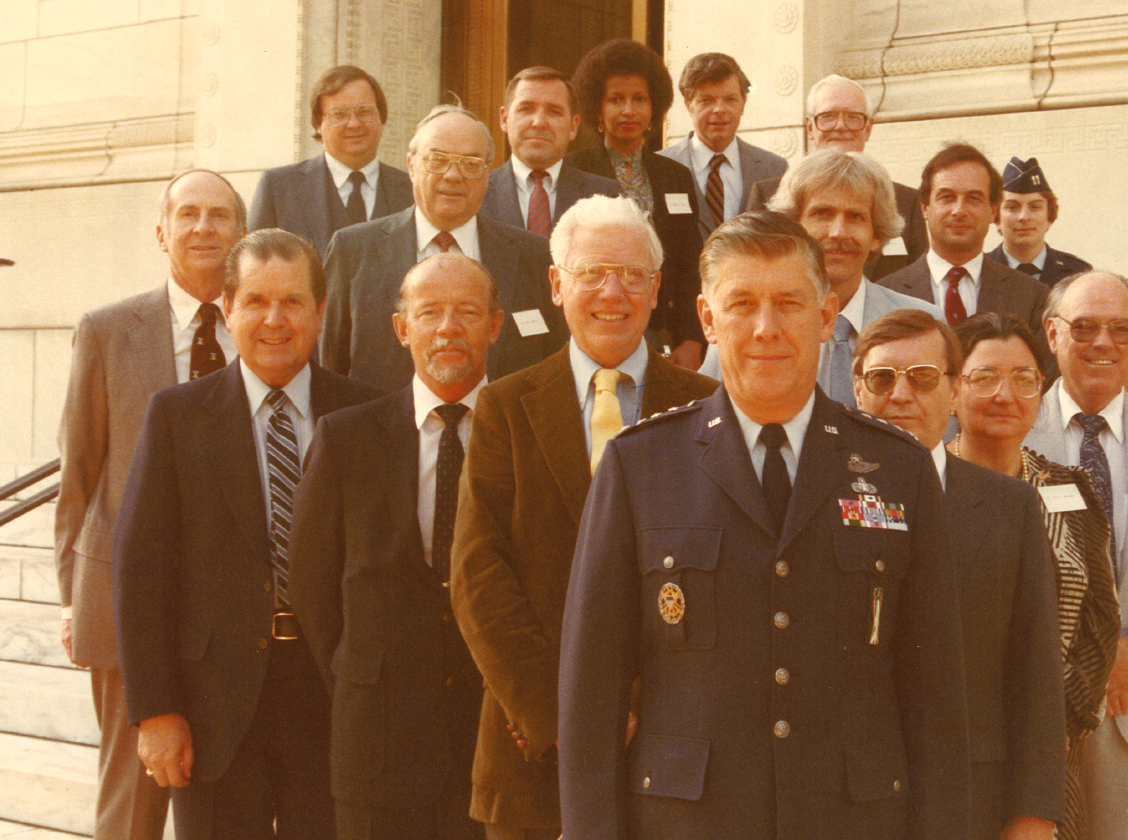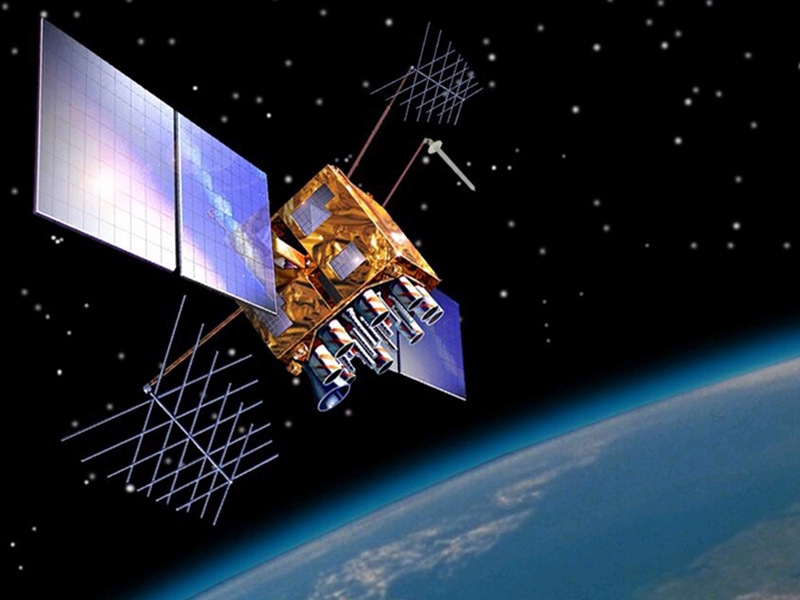MIT Professor to Give Inaugural Hotz Lecture on GPS and Einstein's Relativity
“In 300 feet, turn right on Razorback Road; add a stop; this alternate route saves you 15 minutes.”
Since the invention of smartphones, we have unconsciously become acquainted with what was once a key military technology. The map in your pocket does not just account for time spent in traffic: it relies on Einstein’s Theory of Relativity for accuracy.
David Kaiser, the Germeshausen professor of the history of science and professor of physics at the Massachusetts Institute of Technology, has navigated the early debates among physicists and engineers on how to best incorporate relativity in the Global Positioning System.
Kaiser will visit the U of A campus this month to explore those theories in a guest lecture titled, “Secret Clocks.” The inaugural lecture kicks off the Palmer Hotz Endowed Lecture Series in the History of Science, hosted by the U of A Honors College.
His lecture will take place at 5:15 p.m. Wednesday, March 8, in the Gearhart Auditorium (GEAR 26).
“I am deeply honored to be able to deliver the inaugural Hotz Lecture,” Kaiser said, “and delighted that the new series will showcase research in the history of science — material that reveals how our efforts to understand the world take shape within the complicated worlds of human affairs. I look forward to visiting with students and colleagues at the University of Arkansas this spring.”
 |
| GPS Satellite Network |
Kaiser is the author of several award-winning books about modern physics. His most recent book, Quantum Legacies: Dispatches from an Uncertain World, was honored among the best books of the year by Physics Today and Physics World. Kaiser will offer new insights on the time warp between satellites in space and clocks ticking on earth.
Throughout the 1970s and 1980s, engineers and physicists went back and forth on how best to incorporate Einstein’s general theory of relativity into the emerging technology of GPS. While much of the debate took place behind the scenes, Kaiser will bring the audience along as he reviews military memos, reports and special review sessions documenting the disagreements among theoretical physicists and real-world engineers on how to best apply the theory to modern technology.
“The Honors College is thrilled to host eminent historian of science David Kaiser, whose lecture promises to dazzle both the campus community and the broader public,” said Lynda Coon, dean of the Honors College. “We are very grateful to the Hotz family for such a generous and intellectually enriching gift.”
The Palmer Hotz Endowed Lecture Series in the History of Science was established to honor Palmer Hotz and his dedication to the teaching and practice of science. The series focuses on the history of scientific thought, aiming to foster interdisciplinary dialog. The endowed lecture series brings distinguished speakers and visiting professors to campus to present to and interact with students and faculty.
Hotz received a Bachelor of Science in physics from the U of A and a doctorate from Washington University in St. Louis before becoming a scientist and professor. Hotz Hall on campus is named for his parents, Stella and Henry Hotz, who taught at the university.

From Kaiser’s personal archive - members of an expert review panel from the 1980s all standing behind an Air Force official to whom they were reporting.
About the Honors College: The University of Arkansas Honors College was established in 2002 and brings together high-achieving undergraduate students and the university’s top professors to share transformative learning experiences. Each year the Honors College awards up to 90 freshman fellowships that provide $80,000 over four years, and more than $1 million in undergraduate research and study abroad grants. The Honors College is nationally recognized for the high caliber of students it admits and graduates. Honors students enjoy small, in-depth classes, and programs are offered in all disciplines, tailored to students’ academic interests, with interdisciplinary collaborations encouraged. All Honors College graduates have engaged in mentored research.
About the University of Arkansas: As Arkansas' flagship institution, the U of A provides an internationally competitive education in more than 200 academic programs. Founded in 1871, the U of A contributes more than $2.2 billion to Arkansas’ economy through the teaching of new knowledge and skills, entrepreneurship and job development, discovery through research and creative activity while also providing training for professional disciplines. The Carnegie Foundation classifies the U of A among the few U.S. colleges and universities with the highest level of research activity. U.S. News & World Report ranks the U of A among the top public universities in the nation. See how the U of A works to build a better world at Arkansas Research News.
Topics
Contacts
Shelby Gill, director of communications
Honors College
479-575-7678,
segill@uark.edu
Headlines
Four Students Named Goldwater Scholars; Two Earn Udall Honorable Mentions
Four U of A students have received the prestigious Goldwater Scholarship, an award for top students in mathematics, science, and engineering.
Cross-Campus Collaboration Culminates in New Outdoor Geological Installation
Grand opening event to celebrate the new GeoLab installation at the U of A’s Gearhart Hall courtyard is set for May 3. The installation will be open to the public year-round.
First Students to Use Online Degree to Hone Nursing Leadership, Elevate Patient Care
Hanna Baxendale and Wendi Kimbrell will begin coursework in the Doctor of Nursing Practice-Executive Master of Business Administration program offered by the Eleanor Mann School of Nursing and Walton College.
Join the Office for Sustainability on a Final Cruise to Campus
Cruise to Campus Wednesdays have fostered a gathering space for individuals interested in biking to campus. Drop by the Old Main Lawn from 7:30-10 a.m. Wednesday for coffee, something to eat and conversation.
Fay Jones School Student Ambassador Program Gives Voice to Design Students
The student ambassador program at the Fay Jones School of Architecture and Design is built to connect top design students with their school, its alumni, its future students and others inside and outside the school.





